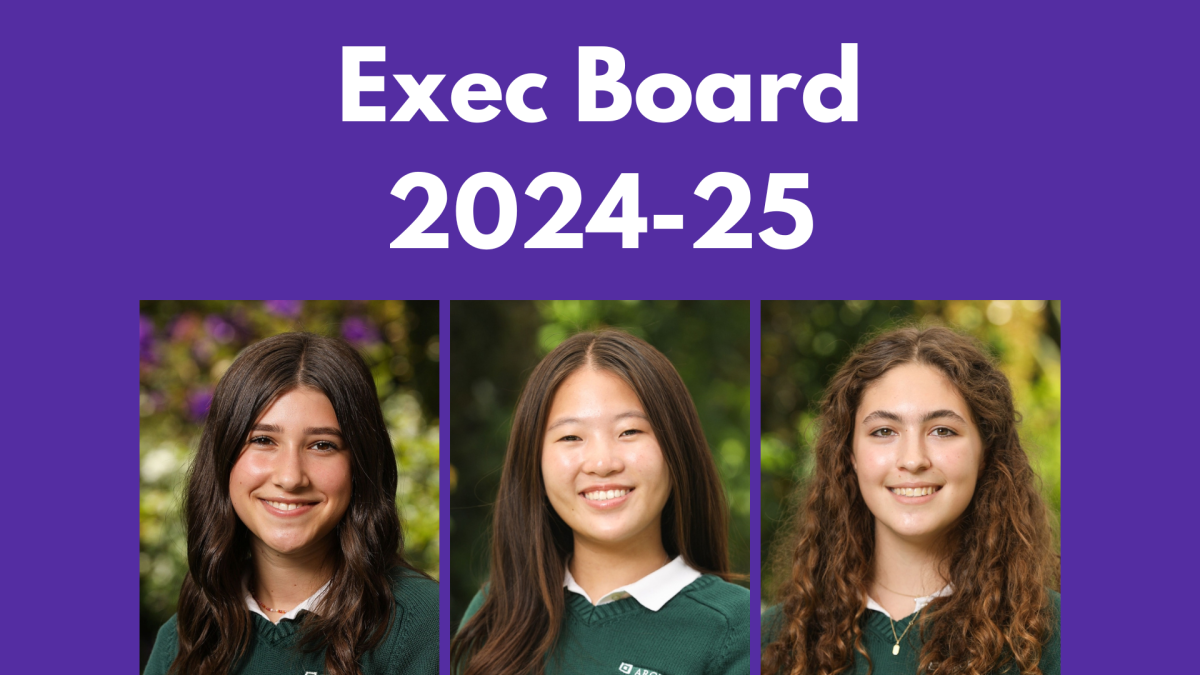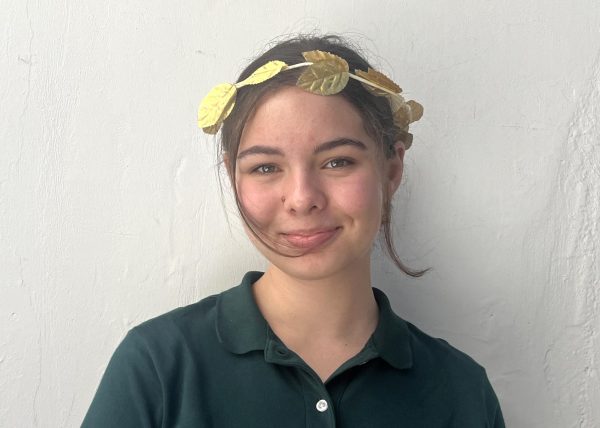The theme for day three of National Scholastic Journalism Week Wednesday, Feb. 21, is “Journalism Now.” Today’s theme centers on social media’s role in the news and how student journalists can utilize digital platforms to engage and spread information to their communities.
Although social media is a beneficial tool for rapid communication, it can also perpetuate misinformation. As the spread of misinformation on social media continues to worsen, some social media corporations are failing to counteract it. For example, X, formerly known as Twitter, “removed the ability for people to report a tweet for containing misleading information” in September 2023, according to an article from The Guardian.
Journalists at Archer learn how to combat the spread of misinformation from their first semester on staff. From examining court cases to fine-tuning their media literacy skills, each staff member is taught to uphold journalistic integrity in their reporting.
Oracle reporters and Hestia’s Flame members utilize the Archer Student Media Instagram account to share anecdotes from around campus that may have gone otherwise unnoticed, as well as to cover breaking news stories. When creating posts, reporters avoid spreading misinformation through carefully fact-checking their captions and working with Multimedia Editor Francie Wallack (’25) and Oracle Editor-in-Chief Audrey Chang (’24) to ensure accuracy, relevancy and quality.
“The hard thing with social media is that it’s such a limited amount of space to report … So it’s hard to capture the whole picture, and it’s hard to not leave out information because, when you have a story, you have a lot of room, and you have a lot of words to include everything … and it can get a little hard to figure out what you want to include in an Instagram post or Facebook post and what not to include,” Wallack said. “Ethically, we just try to include everything we possibly can, [but] very condensed and brief.”
According to Hestia’s Flame Editor-in-Chief Lucia Ponti (’24), the training Archer publication staff members receive is crucial to their quality of reporting and general media literacy. She said this training especially translates to social media usage.
“When we do our media training, we make sure that everyone understands the difference between factual news and obviously biased news,” Ponti said. “I think that has really helped people drive their understanding for how to approach social media and how to use it to their advantage, but also how it can be a disadvantage in a domain like journalism.”
At Archer, misinformation is not only tackled in journalism classes. In her ninth grade history class, history teacher Beth Gold instructs a media unit, where she said her students develop a deeper understanding of misinformation, sensationalism and bias.
“We talk about bias in media. We talk about places to go to check bias if it’s not obvious to us. We look at headlines that are shown in different perspectives with bias to help unpack where bias lives in in wording and rhetoric and titles and sources,” Gold said. “We also talk about the role the media plays in a democracy, in terms of being a watchdog and an agenda-setter and gatekeeper for the media, for government and for corporations. We also talk about social media and its influence and … what age groups tend to rely more on traditional media versus social media.”
Ponti said she has seen social media’s easily-accessible wealth of information spread rapidly. She said it is imperative to maintain an understanding of reality, especially in an increasingly digital age.
“I think that social media has made it very hard to have control and have a handle on the misinformation that Archer intakes, and I can see that within the student body in particular,” Ponti said. “For example, if we’re in the courtyard, and someone’s talking about a conflict or an issue that they saw on social media, I see the way in which other students kind of grab on to that and then run with it, and will tell everybody else what they heard, even if it’s misinformation. So I think that it’s really important to emphasize that within our community, but also do our part to emphasize that outside of our communities as well.”
In alignment with Archer Student Media’s goals with social media, Gold added that there are clear benefits to such platforms, if they are utilized wisely. She specifically noted social media’s ability to amplify voices and perspectives that traditional, large media outlets may not cover.
“There’s a lot of good postings on social media that you might not find on traditional news sources … following certain people who are using their platform on social media gives you insights into the experience of people who have been locked out of traditional media and don’t have that voice and platform, so I think it can be really useful for understanding the contemporary world,” Gold said. “At the same time, it has to be looked at with a critical eye in terms of, ‘Who is this person? What is their agenda? Where are they getting their information from?’ It needs fact-checking, but I also think it can put really important conversations on students’ radars.”
Additional reporting by senior reporter Melinda Wang (’26) and staff reporter Maya Hernández (’27).








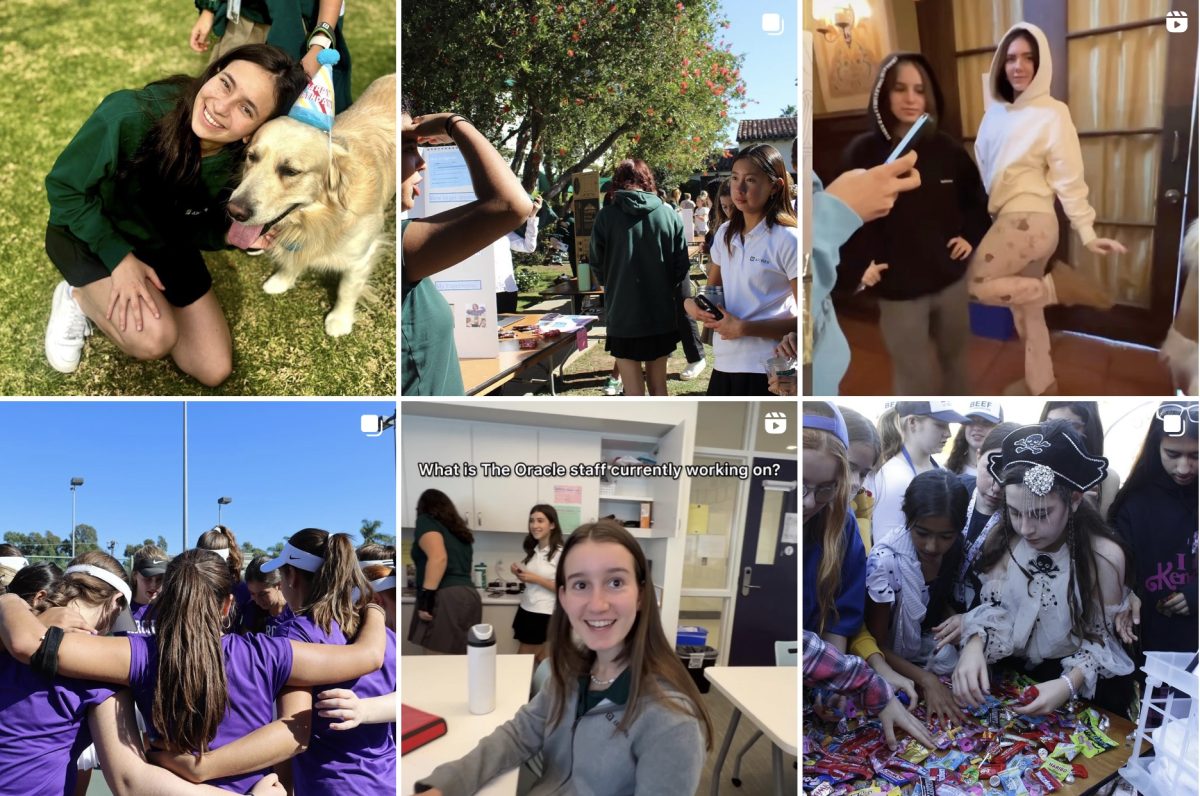
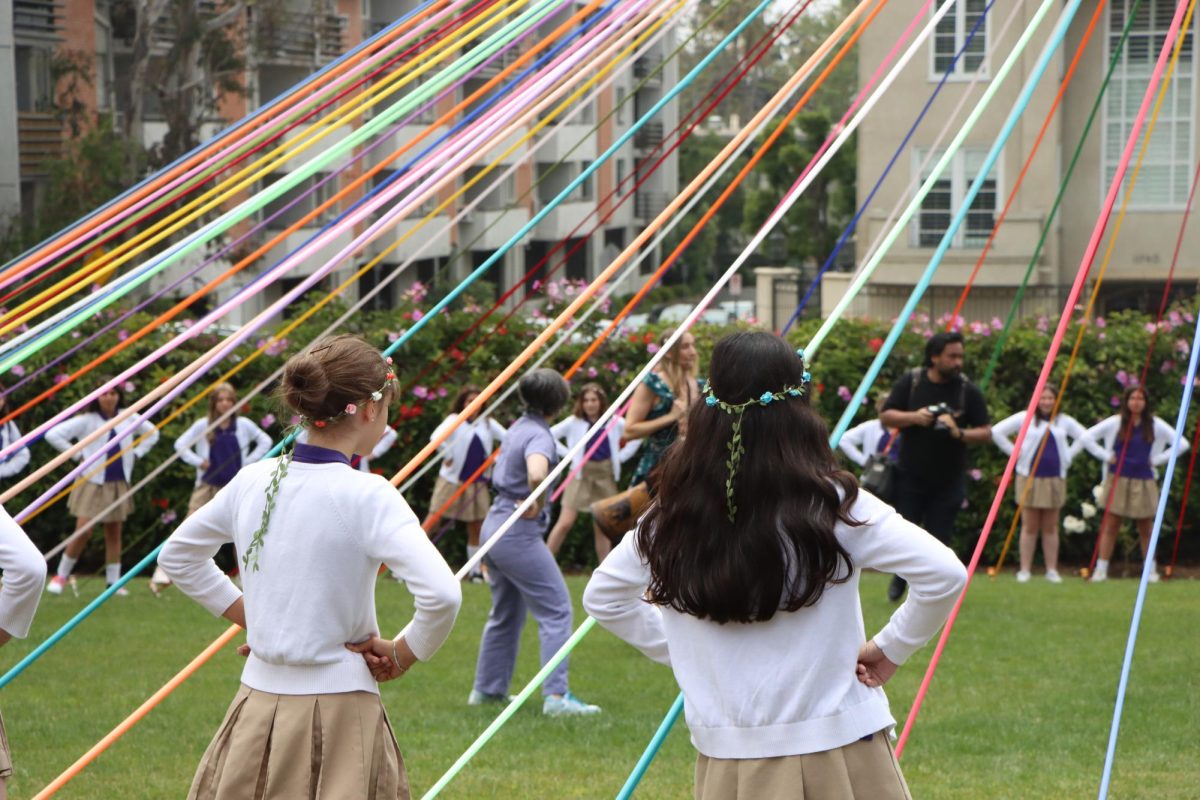
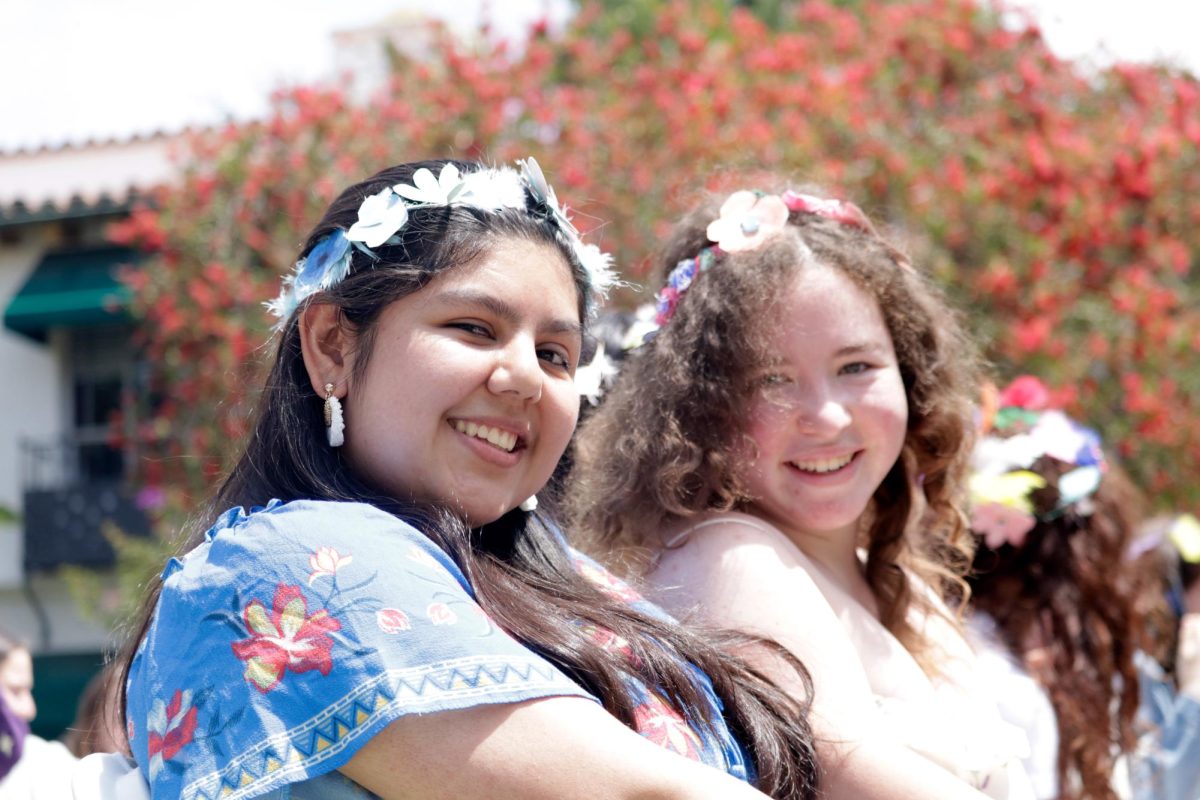
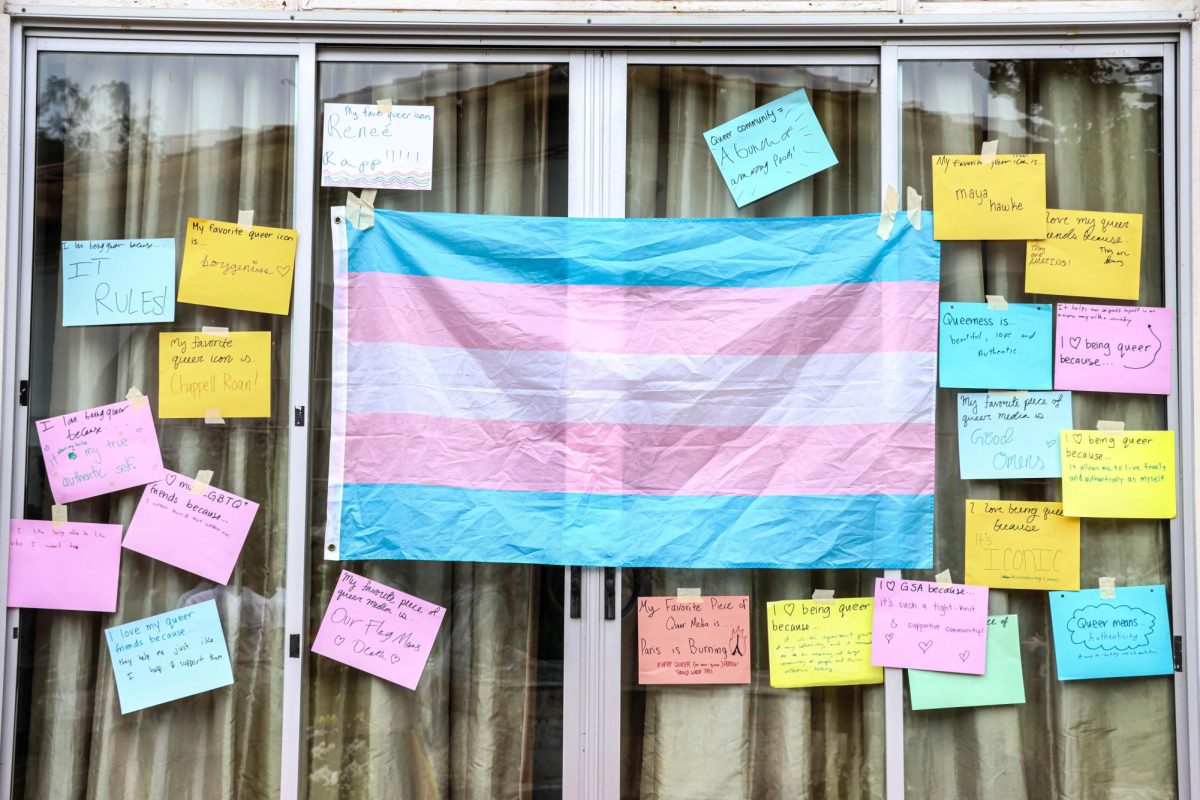
![Seniors laugh as they shoot water across the courtyard, during the annual fountain jump. I [the fountain jump] is really the culmination of your Archer experience, senior Ella Gray said. Especially because youre always around the fountain, at some point, and now you get to be in it.](https://archeroracle.org/wp-content/uploads/2024/05/MG_0817-1-1200x800.jpg)
